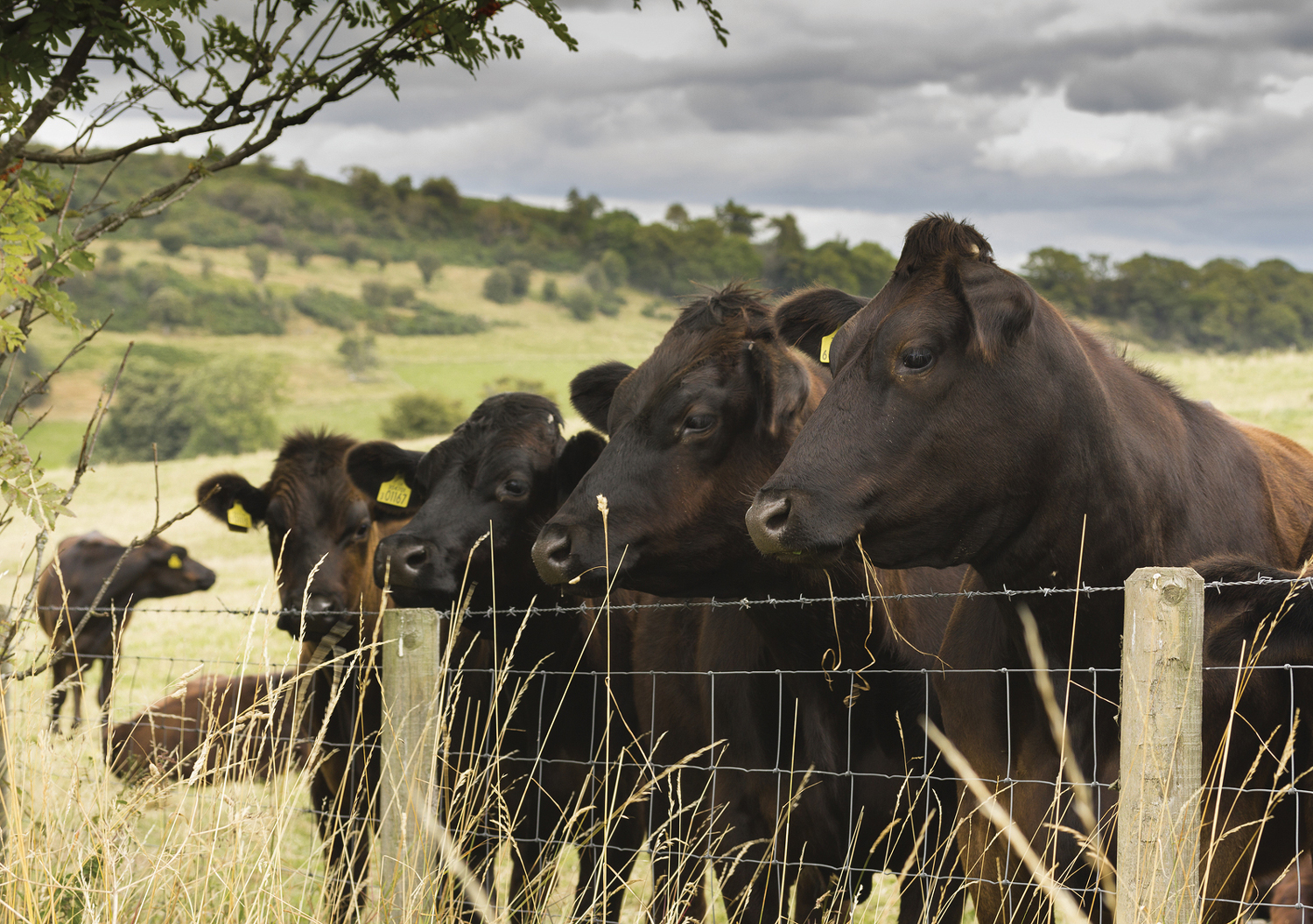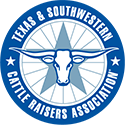A Beef Animal’s Productive Life Gets a Boost From Reduced Stress

By Ellen H. Brisendine
Weaning is one of the most stressful times in the life of a beef calf. Shortly after weaning, sometimes hours, sometimes weeks, the calf is separated from the familiar, jostled in transport and deposited in new surroundings with new herd mates and new food and water resources.
No wonder so many calves get sick at this time in their lives.
According to Dr. Timothy Parks, Merck Animal Health, those calves might be further stressed by early weaning in areas of the country dealing with drought.
“We may see some nutritional stress on that calf even before we get to the weaning stage,” he says of herds where drought is drying up forage resources. “In drier areas, we’re starting to see milk production fall off because the grass quality is dropping off.” Parks says he expects to see early weaning in some herds, “just for the simple fact that we’re not going to have the forage out there for the ranchers to leave the cattle on the grass.”
To combat those additional stresses on the calves, Parks suggests herd owners pay attention to cow nutrition, “because the calves are still relying a lot on the milk ration. We also need to keep a good mineral in front of them, because any time we get into these dry seasons we can start to see some mineral needs changing within those animals,” Parks says.
The method used to wean the calves from the cows can do a lot to reduce stress in the calf and help contribute to disease resistance.
In a recent non-scientific poll of Texas and Southwestern Cattle Raisers Association members, two-thirds of those who responded said they use fenceline weaning to reduce stress. Parks approves of this method, saying, “Low-stress weaning is becoming so much more popular, whether it is fenceline weaning or using a nose flap on the calves. These are 2-stage weaning methods where the calves can’t nurse, but still get to keep that closeness to the cows. If we can keep that closeness, then their stress levels are going to drop.”
Having not heard of a nose flap, I asked Parks to explain the device. “It’s essentially a nose clip, attached to the nose, and then it has a flap on it. When the calf lifts its head, the flap falls down over its mouth. So essentially it can’t nurse. When the calf puts its head down, it can graze. It’s sure not for everybody, but we do see some people use it.”
“Abrupt weaning,” Parks says, “is extremely hard on the calf. Cortisol levels are going to go up in that animal at a time when what we need is for the immune system to be at its peak; we are creating the stressor on that animal that can set up prime conditions for respiratory disease. Bovine respiratory disease (BRD) is our biggest disease concern.
“It’s a good idea to do anything we can to reduce stress on the calves, and its negative impacts on the calves, so their immune systems can fight off natural infection and the vaccines we have given the calves can work better.”
Parks says he speaks to ranchers about managing their expectations of a vaccination program. “It is important that we realize it is truly ‘herd’ health. We’re vaccinating individual animals, but our goal is herd immunity. We really want to keep that herd in a condition where if they do become exposed to a disease, they are able to fight it off. It is also important to realize that we can vaccinate 100 percent of the calves, but what we are really after is immunization. We want that calf to react to the vaccine and create an immune response, so we get active immunization.”
Parks says no herd can be 100 percent immunized “because every animal is going to react differently to that vaccine. We need to get as many of those animals as possible to become immune, but we’re not going to get 100 percent of them to become immune.
Abrupt weaning is incredibly stressful for a calf, whether by moving cows and calves to different pastures out of sight of each other or pulling a calf off a cow and delivering it to the livestock auction.
“It’s important that we think beyond what is happening with that animal in our production unit on that particular day. Let’s keep in mind where that animal is going,” he says.
“I hope that our goal is to set the animal up for success when it leaves our place. If we have put the effort into developing an animal that has the potential to succeed, whether it be as a replacement heifer or a steer in a feedlot, we need to do everything we can to allow that animal to reach its potential,” he says.
“As cow-calf producers, we have the opportunity to give our calves this best chance at success. If we can keep them healthy and they are built to perform, they are going to perform well. We are not only putting the genetic selection into our calves, but we are geared up to send out the healthiest animals we possibly can, ones that are ready to fight off any bug and disease.”
A Beef Animal’s Productive Life Gets a Boost From Reduced Stress is excerpted from the April 2018 issue of The Cattleman magazine.
